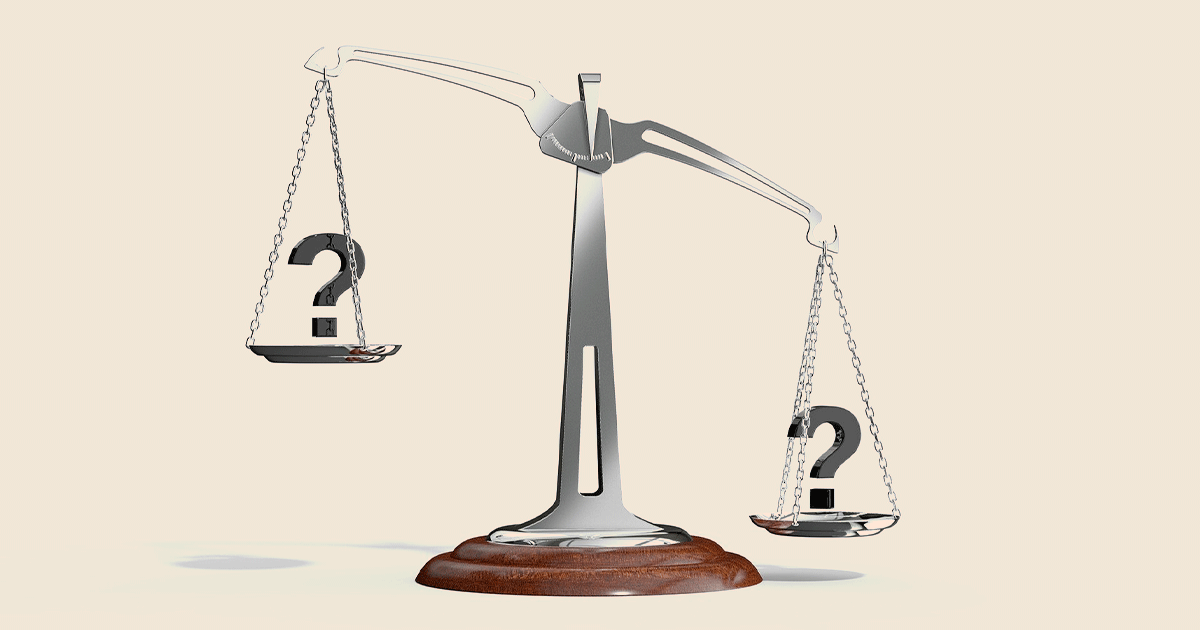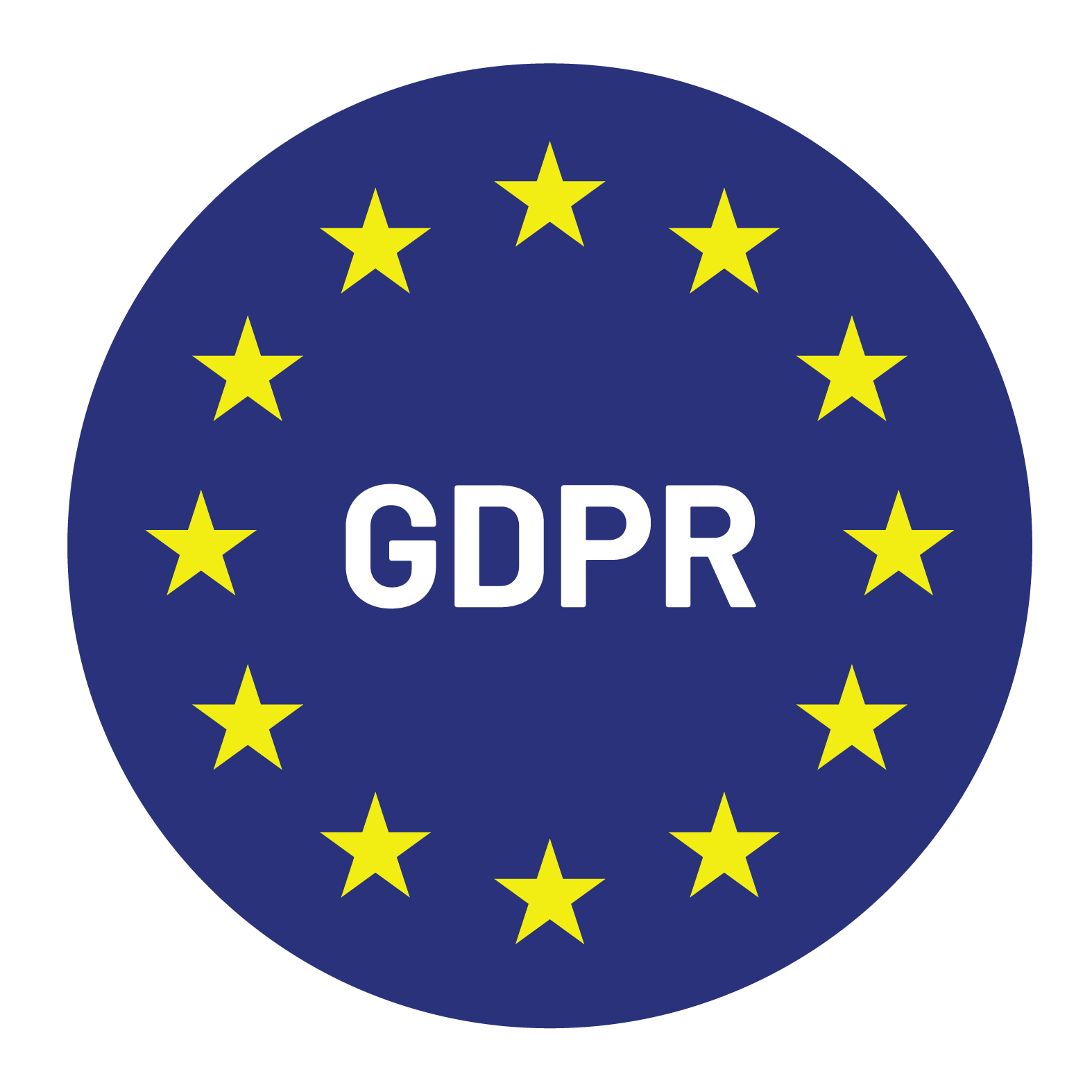
Even before the COVID-19 pandemic, the signs of a rapidly digitizing world were evident, with platform-based services reshaping our lives and businesses. The pandemic accelerated this shift, making digital transformation not just an option but a necessity for survival and growth in various sectors including business, education, and government.












